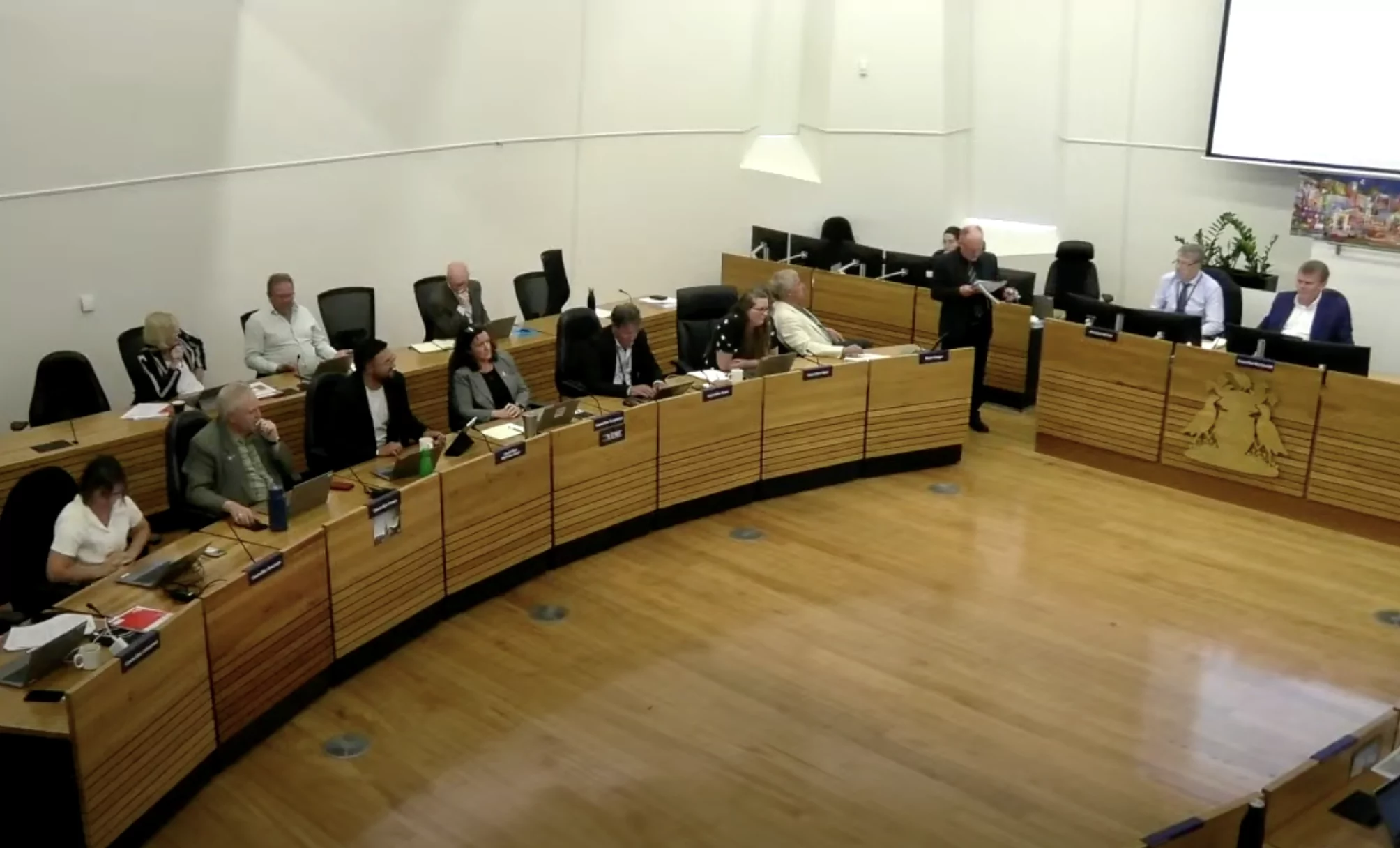Infrastructure New Zealand and Local Government New Zealand (LGNZ) are urging the Government to ask New Zealanders a straightforward question: should both central and local government move to fixed four-year electoral terms?
The call comes amid concerns the current draft of the Term of Parliament (Enabling Four-Year Term) Legislation Amendment Bill complicates the issue by allowing governments to choose between three- and four-year terms based on select committee arrangements.
Infrastructure New Zealand Chief Executive Nick Leggett said the shift to a four-year parliamentary term must be matched by local government to ensure both levels of government are aligned.
“This is critical if we want alignment between the two tiers of government, and them to operate and collaborate effectively,” he said.
LGNZ President Sam Broughton said aligning council and parliamentary terms makes sense, and supports the idea of national and local elections being held two years apart.
“We believe there’s a strong case for alignment of council and parliamentary terms, and for national and local elections to be evenly spaced with elections biennially,” Broughton said.
Both organisations said a move to four-year terms would benefit infrastructure delivery by allowing more time for policy development, greater certainty for the infrastructure sector, and stronger investor confidence.
Leggett said the current Bill should be amended to simplify the approach and avoid introducing uncertainty with every election cycle.
“Four-year terms for both central and local government would significantly benefit infrastructure by providing government with additional time for considered policy development and project delivery,” he said.
“While Infrastructure New Zealand supports greater scrutiny of government decision-making, having this determined at every election would create unnecessary uncertainty. The Bill should simply be amended to provide for the proposed new select committee arrangements if the referendum proposal is accepted.”
Broughton said a four-year term would support more efficient infrastructure planning and delivery.
“Basically, it doubles the number of effective governance years between elections,” he said.
He added that any move to a longer term should include strengthened accountability mechanisms to compensate for less frequent elections.
Both groups are calling on the Government to put a clear question to voters in any upcoming referendum.
“We should ask New Zealanders one simple question at the referendum – do they support moving both central and local government to four-year terms, with elections held two years apart?” Leggett said.
“That approach gives each level of government the focus it needs, reduces administrative strain, and ensures important local issues are not drowned out by national campaigns.”
“This Bill is a great opportunity to improve our system of government across all levels. Let’s make sure we get it right and give the public a say on a simple and enduring solution.”









